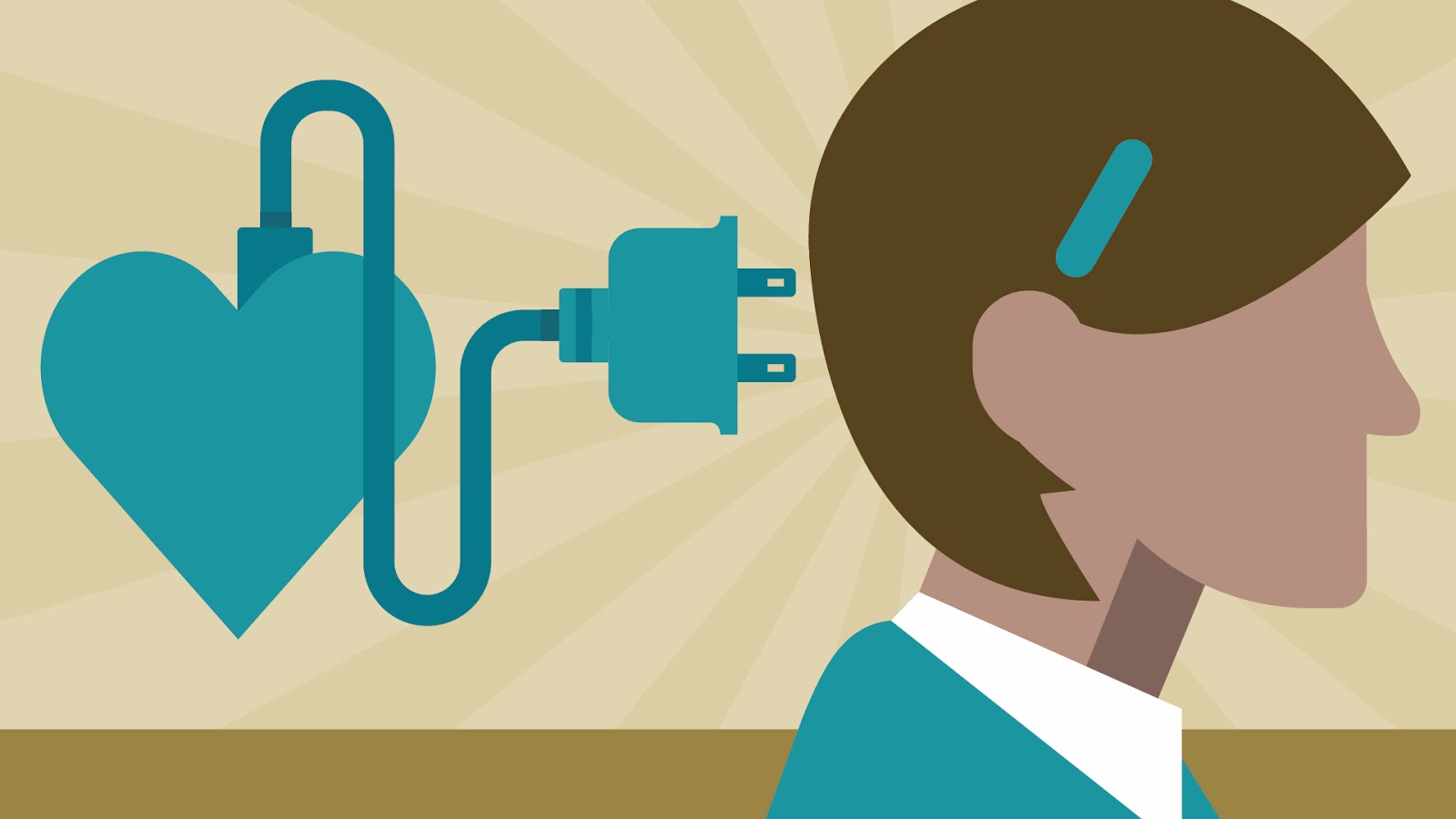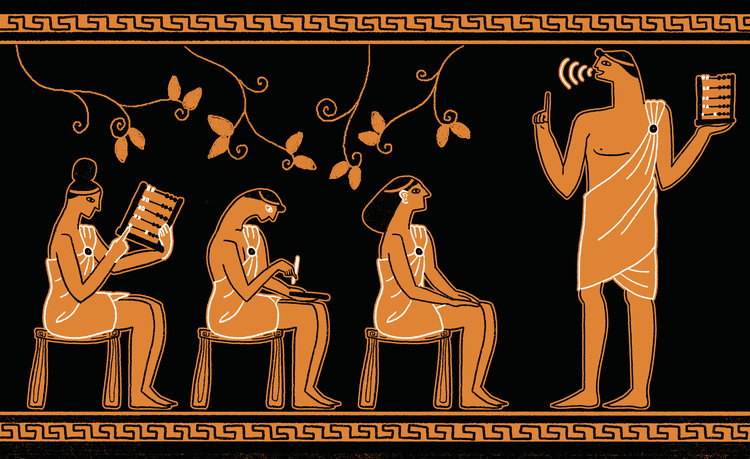 I’ve seen this happen so many times: a very competent person is lauded by others as being “so smart” or “he is so capable – there is nothing that slips by him” or “she knows exactly what to do; there is no one better at it.”
I’ve seen this happen so many times: a very competent person is lauded by others as being “so smart” or “he is so capable – there is nothing that slips by him” or “she knows exactly what to do; there is no one better at it.”
But every time that person has to engage relationally with a donor or a co-worker, they fall down. They miss the emotional data and lose their way.
This brings to light a very real problem in major gifts – where the MGO has all the right knowledge but lacks emotional intelligence. This short blog by Seth Godin describes the situation precisely:
“A friend was describing a clerk he had recently dealt with. “She was competent, of course, but she couldn’t engage very well with the customer who just came in.”
Then, of course, she wasn’t competent, was she?
It doesn’t take a genius to see that competence is no longer about our ability to press certain buttons in a certain sequence. Far more often, competence involves the humanity required to connect with other people, in real time.
It requires emotional labor, not merely compliance.”
The key phrase in Seth’s writing is this: “…the humanity required to connect with other people, in real time.”
Jeff and I are constantly talking about this fact in major gifts and in fundraising in general: it (major gifts) is NOT about the money.
But we keep hearing story after story where the MGO is “pressing certain strategy buttons” and not working effectively in the emotional space. And the donor does not connect.
How can we convince you to stop doing that?
It’s not that we are against strategy or feel it doesn’t work. It’s just that unless you connect with the donor on what THEY want to do to heal the hurts of the planet or advance the good that can be done – unless you connect that way, you will not succeed in major gifts.
It is about listening and acting with your emotional ears and feet, not just executing strategy – even if it is really good strategy.
In the United States, tomorrow is Thanksgiving – a holiday when, along with eating and watching football, we will briefly stop and think about what we are thankful for. It is a good exercise.
But think about this. Tomorrow, will your donor be thankful for how you have helped her express her love and care for humanity and the planet? Will she actually have a space in her head, with all the family and noise around, where she recalls how you brought her joy because, through her giving, she was able to do exactly what she needed and wanted to do?
It would be awesome if that happened. And if it did, it would be because you focused on the donor’s passions and interests and helped her fulfill them – and it brought her such inexpressible joy and happiness that she could not help but be thankful about it.
This is where you need to be in major gifts. And if you are not there, that’s OK. Just plan and work to get there with every one of your caseload donors. It’s important. It matters.
Richard
PS – Connecting with donors on an emotional level, relating to their passions and interests, is an essential part of getting meetings with them. Check out our further discussion of this topic in our free White Paper, “How to Get Meetings with Donors.”






Terrific topic! I am seeking to move into major gifts, and this helps me think about aligning my skills and strengths with the job. Thanks!